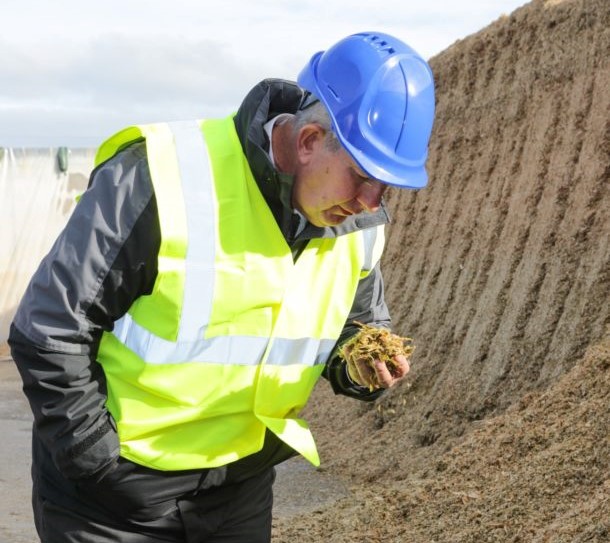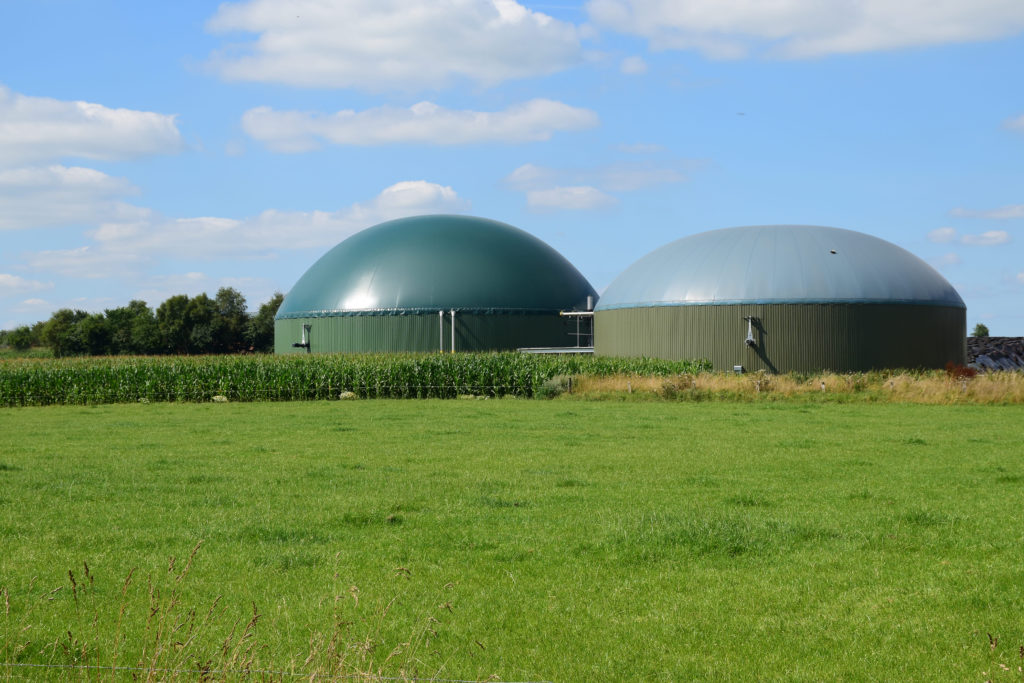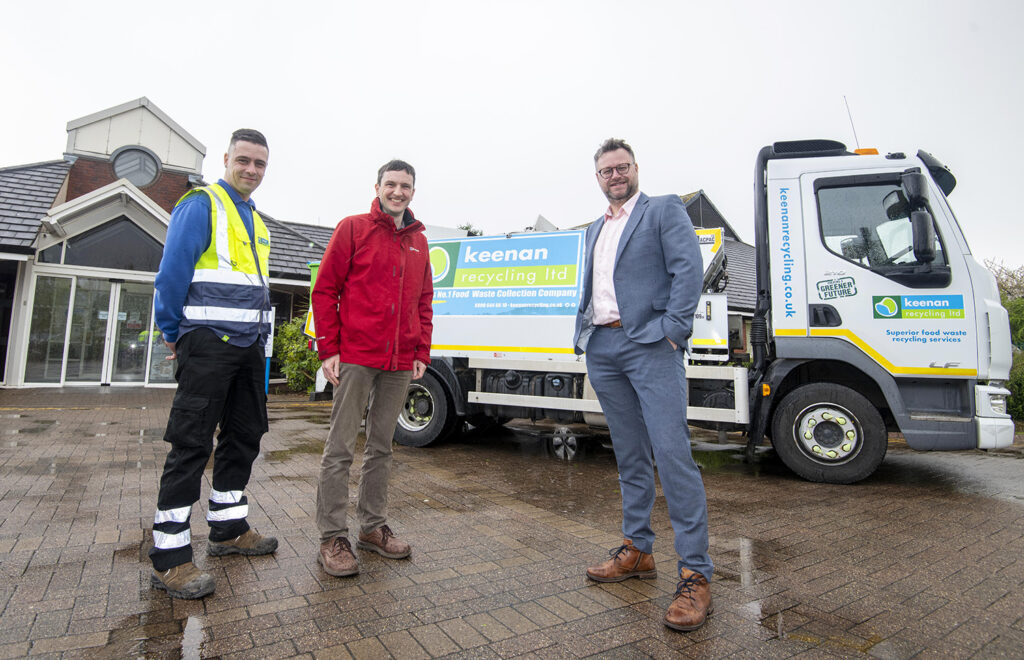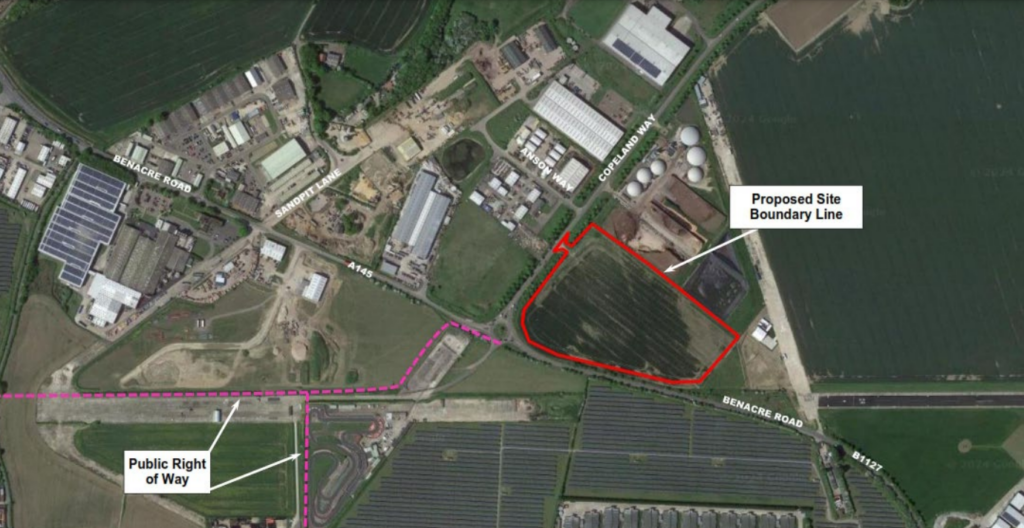Prior to her resignation yesterday (20 October), the former prime minister Liz Truss rolled out the energy prices bill, which included measures to cap electricity prices costs for two years.
While this was softened by the new chancellor, Jeremy Hunt, to last until April 2023 while the policy is reviewed, the bill includes a mechanism allowing government to introduce a “Cost Plus Revenue Limit” for so-called “low carbon generators”.
The mechanism was introduced to address concerns that those selling electricity at prices linked to gas were benefitting from inflated prices, despite their own costs being lower.
While the mechanism’s exact scope is still to be finalised and may take longer now with the changes in government, the AD sector is concerned it will be hit.
Prices
Steve Gummer, partner at London-based environmental law firm Sharpe Pritchard, explains how the Cost Plus Revenue Limit works in a blog on the company’s website.
He said that the measure was introduced to prevent low carbon generators benefiting from high prices in the wholesale market while their own costs are lower.
Low carbon generators should not charge based on inflated gas prices
- Steve Gummer, partner, Sharpe Pritchard
He said: “Electricity prices achieved by generators in the UK are set by the price charged by the most expensive, or marginal, source of energy for generation. At present the most expensive source of energy for generation is gas.
“Currently gas prices are significantly inflated in the UK in light of global energy prices. However, there is no reason low carbon generators operating in the market should charge prices based on inflated gas prices.
“Low carbon generators will likely have lower operating costs but will still benefit from the high price in the wholesale market.”
However, he suggested this was not a windfall tax but a revenue cap. “The intention appears to be that the new cap will allow generators to recover costs as well as a return linked to investment and risk profile. We understand this is due to kick in in March 2023.”
AD plant operators
However, several AD operators are worried that they could be caught in a “squeeze” between their rising costs and the proposed cap.
The Anaerobic Digestion and Bioresources Association (ADBA) told letsrecycle.com that while the specifics of the Cost Plus Revenue Limit were still being decided, “we know that it will apply to low-carbon generators not on a contract for difference mechanism and is therefore likely to include AD.”
The spokesperson said energy costs had had major economic impacts across the board.
“The AD industry, like many others, has suffered steep rises in operational costs thanks to recent economic turmoil as well as the lasting impacts felt from Brexit and Covid,” they said.
“While market stability is essential, ADBA have raised urgent concerns with BEIS that a price cap must fully appreciate the complexity of the industry’s supply chains and that any resulting policy does not deter the production of or investment in renewable energy.”
It is understood that BEIS has looked to reassure the sector that “they recognise the associated costs, and the important role of AD in supporting energy security”.
ADBA says it will continue to engage closely with the relevant teams to ensure that, as policy progresses, “our members’ concerns are fully taken into account.”
Ministerial visit
The issue was also raised during a ministerial visit by Northern Ireland’s environment minister, Edwin Poots, to two AD plants in Norfolk owned by Bio Capital, which owns Northern Ireland’s largest AD facility in Granville.

Mr Poots visited the Corbiere Renewables and Redstow Renewables sites and the topic of a price capped was raised during discussions, with the “variable” nature of AD costs raised.











Subscribe for free